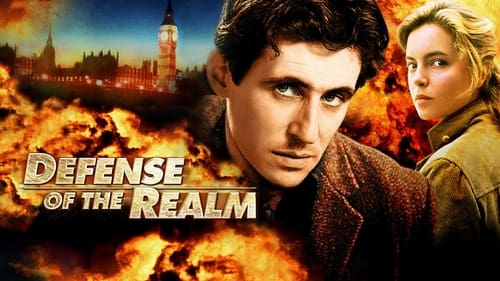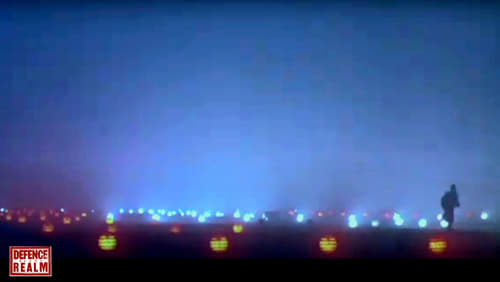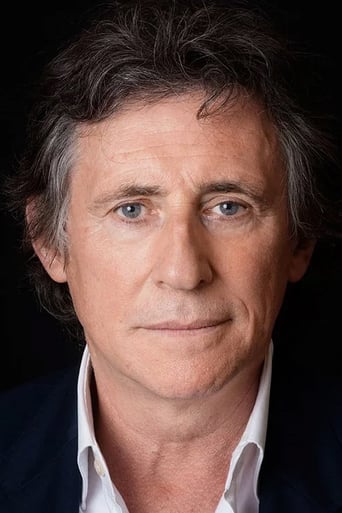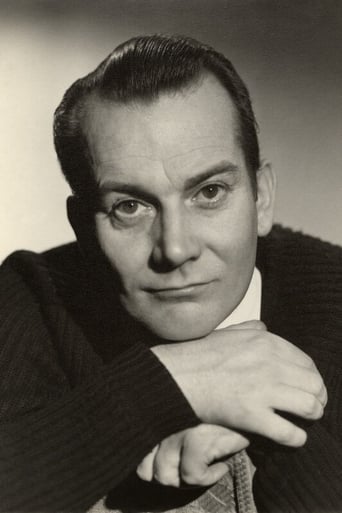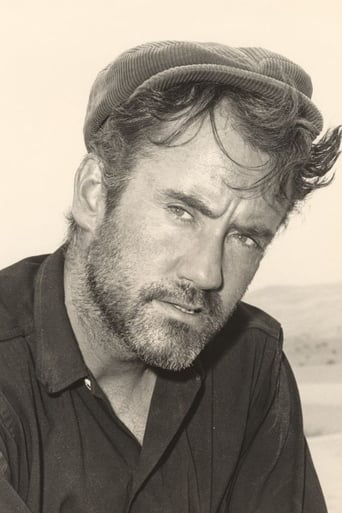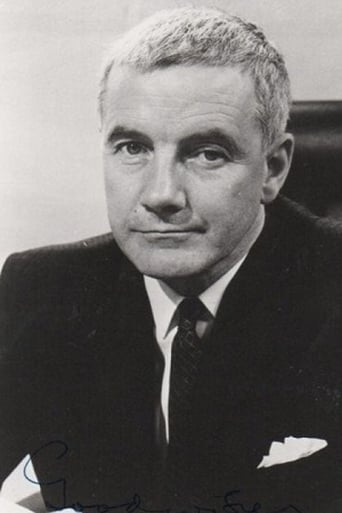Platicsco
Good story, Not enough for a whole film
MusicChat
It's complicated... I really like the directing, acting and writing but, there are issues with the way it's shot that I just can't deny. As much as I love the storytelling and the fantastic performance but, there are also certain scenes that didn't need to exist.
Glucedee
It's hard to see any effort in the film. There's no comedy to speak of, no real drama and, worst of all.
Kaelan Mccaffrey
Like the great film, it's made with a great deal of visible affection both in front of and behind the camera.
stangya sorensa
According to the dedication at the end,This film was shot in the offices of The Times and used that papers' staff; in 1986, the time it was shot, the paper's proprietor, Rupert "Dirty Digger" Murdoch had just a bruising year-long strike in which he chased the print unions off site; obviously a condition of being allowed to film was that the film not have an anti-Tory slant; this explains why the "evil" British Government in the film is a Labour government and the disgraced plotician is in the Labour Party; in reality there hadn't been a Labour government in UK since 1979. Murdoch obviously would only allow the film to be made if it attacked the Labour Party (at the time led by Neil Kinnock)
sol
***SPOILERS*** Hard to follow spy and cover-up movie about an incident at a US Air Force base in the English countryside that's loaded with nuclear missiles that the local population is totally unaware of. That's until a nuclear bomb laden US fighter plane almost crashed in trying to avoid a local runway from a juvenile detention center Steven Dyce, Steve Woodcock. Dyce was killed by th plane on the runway as he was trying to escape from the police with his friend Mickey Parker, Graham Fletcher Cook. That after the two tried to make their getaway in a stolen car.It's when member of Parliament, or MP for short, labor party bigwig Dennis Markham, Ian Bannen, started snooping around and trying to get to the bottom of what happened that he was exposed in not only cheating on his wife but having a tryst with a hooker named Marinda Court. It was Miss Court who was also involved with the East German military attaché in London Dietrich Kleist, Alexei Jawdokimov, who's also secretly working for the Soviet KGB! That has London tabloid reporter Nick Mullen, Gabriel Bryne, smell a big scoop and get on the story. It's Nick Mullen's friend at the tabloid Vernon Bayliss, Denholm Elliott, who smells a rat in this story and by getting in touch with Markham, who both were once members of the British Communist Party, who tells him that the entire story about his relationship with both Miss Court and Soviet Agent Klesit is pure BS or at least the Kleist part of it. Markham claims that it's really an attempt to cover up the Steven Dyce death and the circumstances surrounding it!It's after Vernon was mysteriously found dead from a heart attack in his London flat with it being ransacked that Mullen started to realize that the whole sex and spy thing about Markham was a red herring in order to keep the the real reason for trying to destroy Markhm's political career! It's really because of his investigation of the fatal accident that took young Steve Dyce's life! It's then that Mullen gets to work in uncovering what really happened to Dyce which leads to the highest members and most powerful of the British Government! Even higher then the Prime Minster at the time-in 1984-him or,in the person being Margaret Tatcher, herself! And at the same time puts Mullen as well as his partner in uncovering Dyce's death Markham's personal secretary Nina Beckman, Greta Scacchi, lives in serious jeopardy!Nothing really great here with the exception of the sexy Greta Scacchi getting a chance to show that she's as good an actress as a sex symbol. There's also actor Gabriel Brynes looking and acting like an Irish version of Al Pacino in the movie "Serpico" but in here playing an investigative reporter not an undercover New York plain clothes detective. P.S There's a photo in the movie that was faked up, by the members of the "Realm", to prove that Markham and Kleist actually knew each other in a photo shoot with Soviet Preimer Leonid Brezhnev taken in Prague in 1979. What we see is Markham and Kleist in the background looking like their good friends by them either winking or smirking at each other. What I noticed in the photo that was a lot more interesting and could have well proved the photo to be a fake is that in it was also the former Soviet Preimer Nikita Khrushchev! Khruschev was in fact dead, he died on Septemer 11, 1971, eight years before the photo was supposedly taken!
Shiphrah Kovacs
This film is set in 1984, and is highly indicative not only of the spirit of the time, but also of newspaper culture and practices of the 1980s.The cold war was in full swing in 1984. The Thatcher/Reagan collaboration was comforting to some, and deeply disconcerting to others. The threat of nuclear war was profoundly feared, and sex scandals dogged (but never completely undermined) the Conservative government. The presence of US Air bases in the UK was similarly a matter of national ambivalence.The newspaper industry was vastly different from today's industry. Each newspaper had its own print unit, and computers were the exception rather than the rule. The culture of lunchtime drinking and an all-male working environment were part of Fleet Street life - and of course in 1984 the major English newspapers and agencies were still based in Fleet Street.One scene in particular stands out as a symbol of past times: a character is retiring and all the newspaper staff congregate in the printing press for a noisy beating of printing blocks on tables. The practice was commonplace in the mid-1980s, and has died out since the introduction of new technologies. The changes had begun in the early 1980s, but were precipitated by the move of the Times and associated publications from Grays Inn Road (near Fleet Street) to Wapping in 1986.I watched Defence of the Realm for the first time in 1987 and since then I've come back to it about once a year; I notice something new every time. I'm a huge fan of Denholm Elliott and he is impressive as always, playing a washed-out hack with a drink problem (sadly all too common among journalists of the late 20th century). His character Vernon Bayliss dies in suspicious circumstances while working on a secret story, which Gabriel Byrne's character Nick Mullen pursues. Byrne is at the beginning of his film career and he deserved more recognition than he got for this film; his performance is solid and convincing as a journalist caught in the dilemma between the need to sell news and the need to report the truth. Assisted by Nina (Greta Scacchi), the secretary of an MP who is being framed, Nick finds himself watched, followed, and threatened by government security personnel. Scacchi's character is reserved but brave, and her performance, like Byrne's, is understated. This is absolutely necessary to prevent the film slipping into melodrama, and is no doubt the source of comments in other reviews about the British character of the whole film. Other comments in previous reviews, such as scorn for supposed America-bashing, are anachronistic. The film's political concern is not with America's status as a superpower, but with Britain's participation in undemocratic means of maintaining the defence of the realm.The film is best understood as a comment on its own historical context rather than as a universal or timeless thriller. It shows us where we have come from and points to features that have developed in new ways in contemporary culture (e.g. the importance of fear of the 'Other' now expressed as a fear of Islam rather than of Soviet powers). The musical score is excellent; it adds greatly to the sense of danger and suspense and of course contributes to the historical feel of the film. The script is similarly sharp and suitable; nothing is wasted.I've enjoyed this film over and over, since shortly after its first release until the present day. I lived in London throughout the 1980s and remember very well the zeitgeist: the hopes and fears of the decade. The Berlin wall came down in 1989 and Thatcher lost her power in 1991; since then everything has changed. But in 1984, the world of Defence of the Realm was the world we lived in.
LCShackley
According to IMDb, this movie was released in the USA in November of 1986, but I honestly don't recall hearing about it. I was drawn to it on cable this past week because it was a thriller and had a good cast; it was not a disappointment, but also not a classic.Gabriel Byrne holds the film together well as a journalist who ventures into dangerous waters whilst writing an expose of a supposedly corrupt politician (Ian Bannen). The supporting cast do a wonderful job, with a few observations: 1) Were some of Robbie Coltrane's scenes cut? His character comes and goes randomly. 2) Greta Scacchi doesn't really sizzle in this film as she has in others. 3) Even Oliver Ford Davies, who barely has a line, still impresses by his bureaucratic aura! This is one of the few 80s electronic film scores that I've heard recently which hasn't totally driven me mad after 10 minutes. It falls more in line with Jarre's classic WITNESS score; unobtrusive but effective. The sets and locations are wonderful. But it's a little tiresome to find out that the "McGuffin" is all about sinister Americans with their nasty nukes. Is that the best the scriptwriter could do? When I heard the first American accent I knew the Yanks were in for another cinematic whipping. But all in all, a thriller worth watching, even though you may resent the abrupt, explosive ending.


